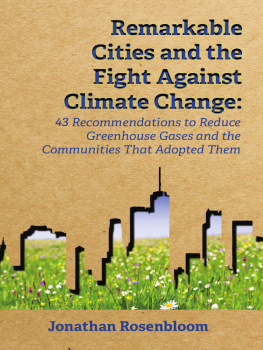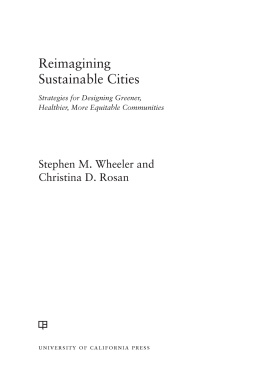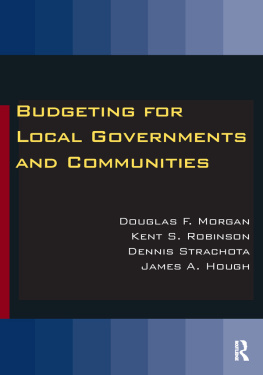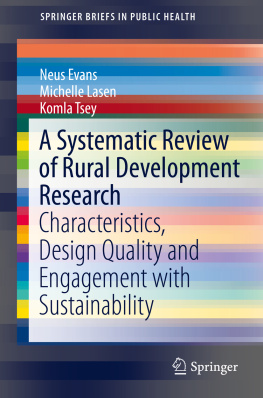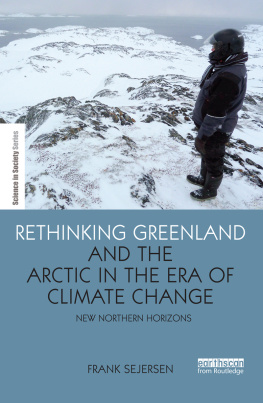Landmarks
Page list

i
REMARKABLE CITIES AND
THE FIGHT AGAINST
CLIMATE CHANGE:
43 RECOMMENDATIONS
TO REDUCE GREENHOUSE
GASES AND THE
COMMUNITIES THAT
ADOPTED THEM
SUSTAINABLE DEVELOPMENT CODE:
CLIMATE CHANGE CHAPTER
Jonathan Rosenbloom
ENVIRONMENTAL LAW INSTITUTE
Washington, D.C.
ii
Copyright 2020 Environmental Law Institute
1730 M Street NW, Washington, DC 20036
Cover design by Evan Odoms.
Published February 2020.
Printed in the United States of America
ISBN 978-1-58576-221-7
iii
Contents
iv
v
About the Author

Jonathan Rosenbloom is the Dwight D. Opperman Distinguished Professor of Law at Drake Law School. His scholarship explores issues relevant to local governments and sustainability, with a particular focus on land use. He is a former U.S. Circuit Court clerk, attorney for the federal government and a large law firm, and commissioner on the Des Moines Plan and Zoning Commission. He is also the founding director of the Sustainable Development Code, a model land use code providing local governments with the best sustainability practices in land use. Jonathan has degrees from the Rhode Island School of Design, New York Law School, and Harvard Law School. He is happiest spending time with his wife and daughters and working with wood.
vi
Acknowledgments
Getting the Sustainable Development Code (SDC) to this point has been an ongoing and gargantuan task for almost 10 years. The SDC is truly an interdisciplinary collaboration among academics and practicing attorneys, planners, architects, developers, local staff, and others devoted to improving the lives of all people. Drake University Law School has spearheaded this project in collaboration with almost a dozen law and planning schools and dozens of individuals. Without the drive and vision of many practitioners, academics, and students, this project would be impossible.
Each of the 43 recomendations recognizes the authors and editors who contributed to drafting that recommendation. Others who have been instrumental to the SDC and the Climate Change chapter include Drake University Law School Dean Jerry Anderson, Don Elliot, Jim Hansen, John Lorentzen, John Mitola, and Justin Platts. A special thanks to Chris Duerksen, who not only co-edited most of the briefs included in this book and chairs the SDC Advisory Committee, but also has been the moral compass of the SDC for over a decade. We also thank all the law and planning students that are named in this book, especially SDC 2018 Summer Fellows Tyler Adams, Brandon Hansom, Alec LeSher, and Kyler Massner. We thank the entire team at the Environmental Law Institute for making this possible.
Finally, without the financial support of Musco Lighting, Juhl Energy, and John Lorentzen, the SDC would simply not have been possible. In addition, RDG Planning and Design, P7 Design, and Clarion Associates LLP have financially supported the SDC to help make the Climate Change chapter a reality. Thank you.
Jonathan Rosenbloom
vii
Preface
In Invisible Cities , Italo Calvino tells the fictitious story of secret meetings between Marco Polo and Kublai Khan. Each night Polo describes the wonders found in cities in Khans empire. Khan ultimately figures out that his empire is in far worse condition than Polo describes. Khan tells Polo that he knows his empire is crumbling and he and his people are in a downward spiral. Polo replies:
Yes, the empire is sick, and what is worse, it is trying to become accustomed to its sores. This is the aim of my explorations: examining the traces of happiness still to be glimpsed, I gauge its short supply. If you want to know how much darkness there is around you, you must sharpen your eyes, peering at the faint lights in the distance.
As the federal government pulls back from climate regulation and turns a blind eye to climate science and local plight, it is cities that provide a faint light and hope for the future. And yet, local governments face an uncertain and daunting future. Societal, environmental, political, and economic changes test the survival of many communities. These changes include higher obesity rates,
Paralleling these changes is an explosion of development that will rival post-World War II land use expansion. The U.S. population is projected to increase by almost 70 million people by 2040.
If development patterns in the next 20-30 years replicate development patterns for the last 20-30 years, 40 million undeveloped acres will be destroyed (approximately the size of Oklahoma). Communities across the country will lose critical ecosystems and habitats (forests, prairies, wetlands, etc.). Such a loss will add stress to already overstressed natural and man-made systems and will increase natural hazard risks to people, ecosystems, and communities.
viii
Most communities development codes were not designed for this on-coming wave of development and uncertainty. They were designed to address a static environment, society, and economy. In most part, they were not written to confront the kind of dynamic and unpredictable systems local communities face today.
Our current understanding of climatic and other changes suggests that continuing to allow development pursuant to existing codes may result in catastrophic losses across the social, economic and environmental spectrums. Many local governments, however, do not have the time or resources to research amendments to their development codes to address the myriad of changes and uncertainty they face.
The Sustainable Development Code was created to fill this gap and introduce additional community control.
The Sustainable Development Code (SDC)
What is and should be the role of development codes in planning for uncertainty? The SDC addresses this question by rethinking development so that development and growth help build sustainable communities and resilience. The SDC ensures that communities grow in a way that harmonizes development with ecosystems, nature, economic equality, and other core values that make communities communities.
Officially launched on May 15, 2019, the SDC, www.sustainablecitycode.org, aims to help all local governments, regardless of size and budget, build more resilient, environmentally conscious, economically secure and socially equitable communities. The SDC provides local governments with best practices for particular issues with a focus on development codes and the development review process.
The SDC researches and identifies best-practices as adopted in local ordinances across the U.S. and across a broad spectrum of sustainability issues. Through a rigorous editorial and interdisciplinary process, the SDC summarizes this research and provides concrete ways for communities to amend development codes and adapt to changes as they occur.
As of December 1, 2019, the SDC consisted of over 350 recommendations across 32 chapters. The 32 chapters, set forth in the textbox below, correspond to 32 areas where development implicates issues relevant to sustainability. The chapters serve as a menu for communities to identify the issues that they are confronting.
ix
SDC Subchapters
Environmental Health & Natural Resources
1.1 Climate Change
1.2 Low-Impact Development & Stormwater Management
1.3 Sensitive Lands & Wildlife Habitat
1.4 Water Supply Quality & Quantity

